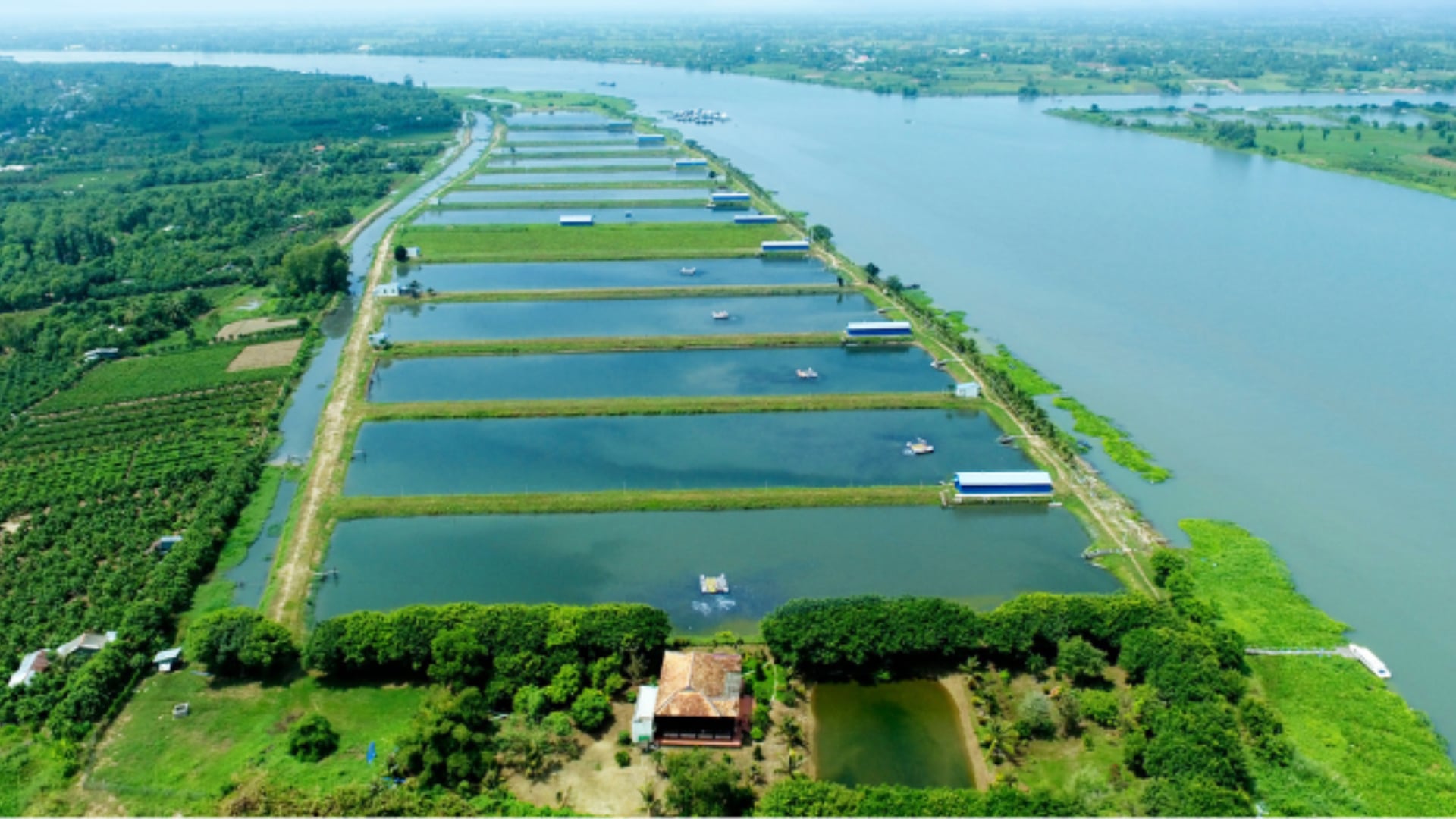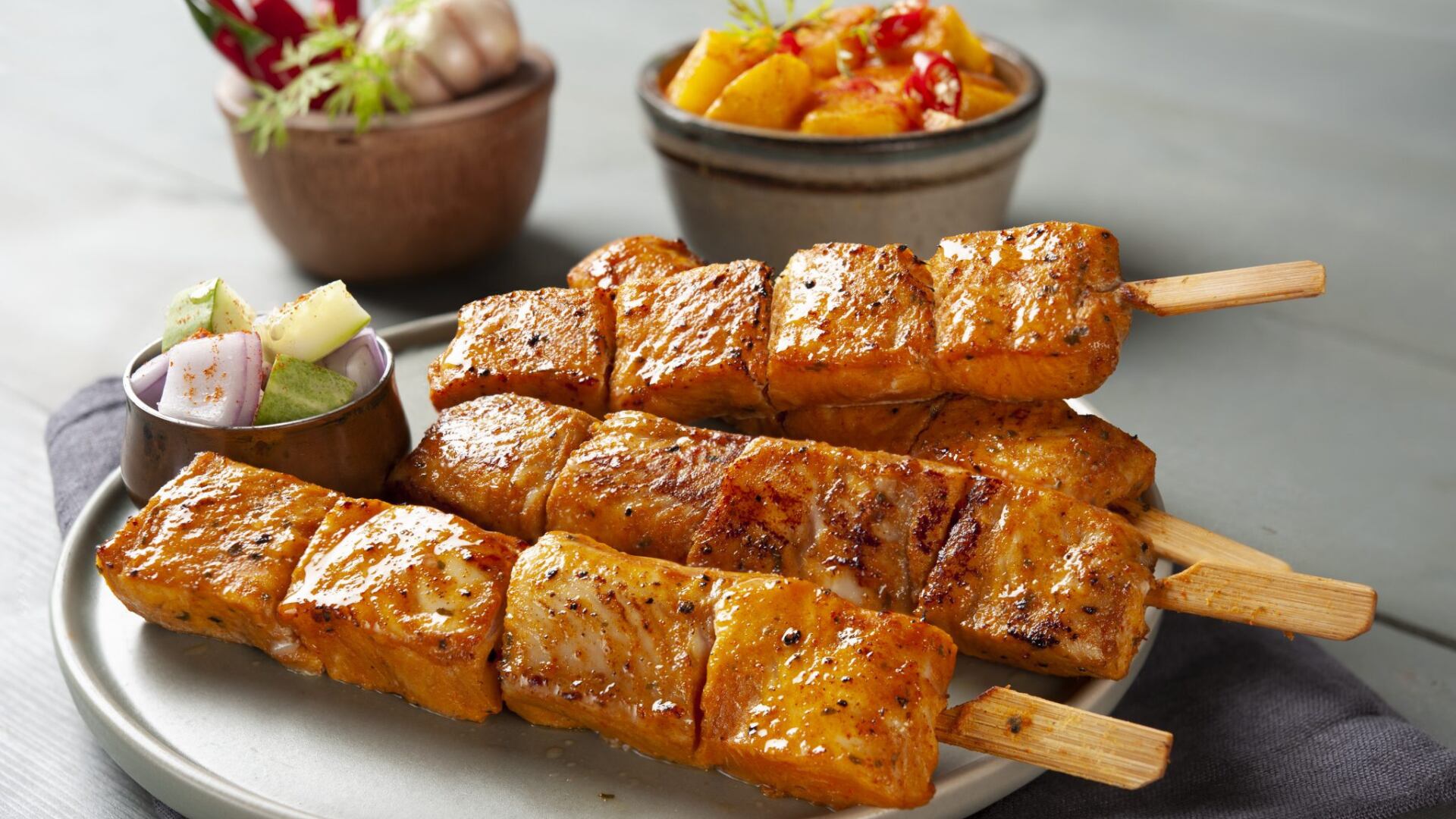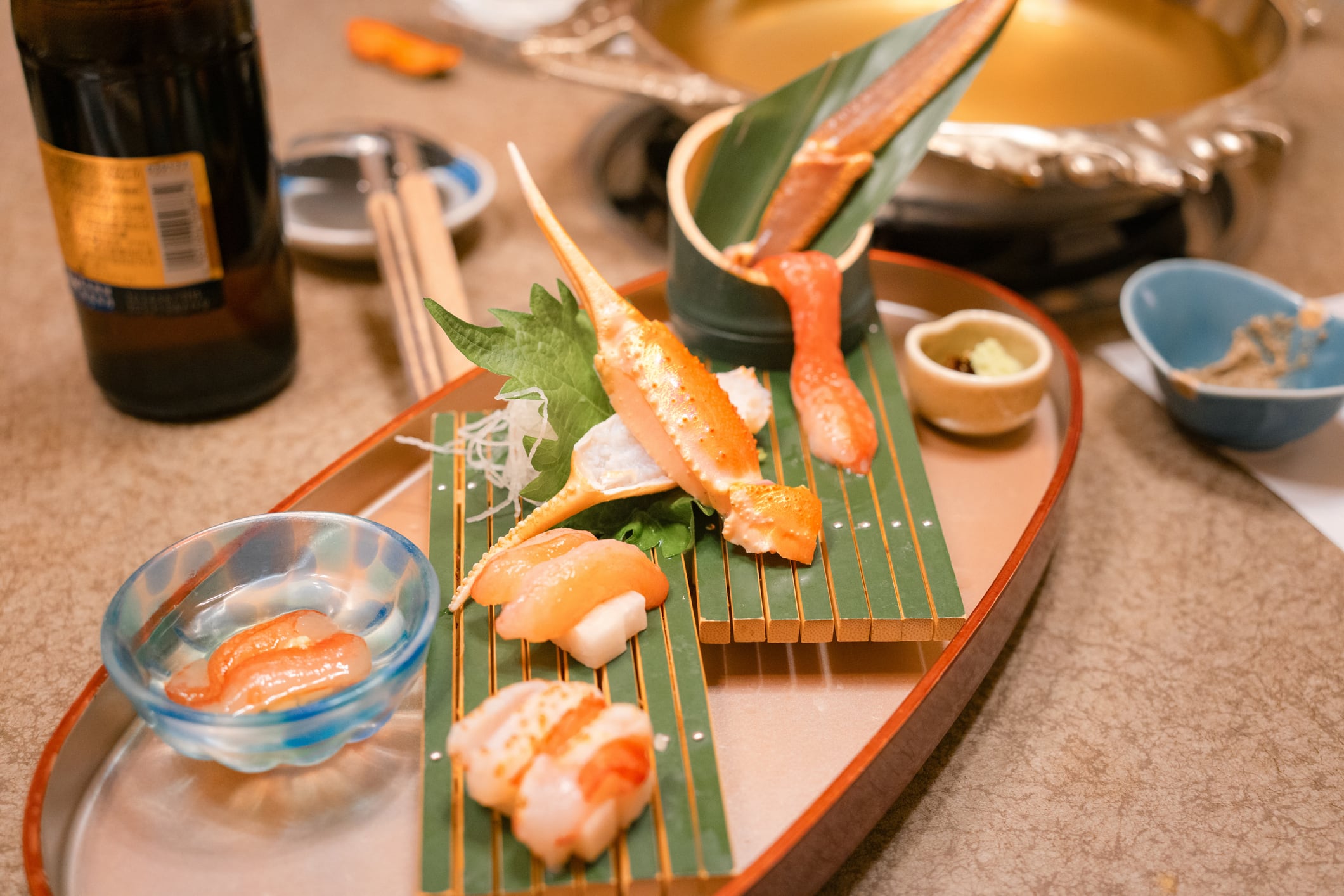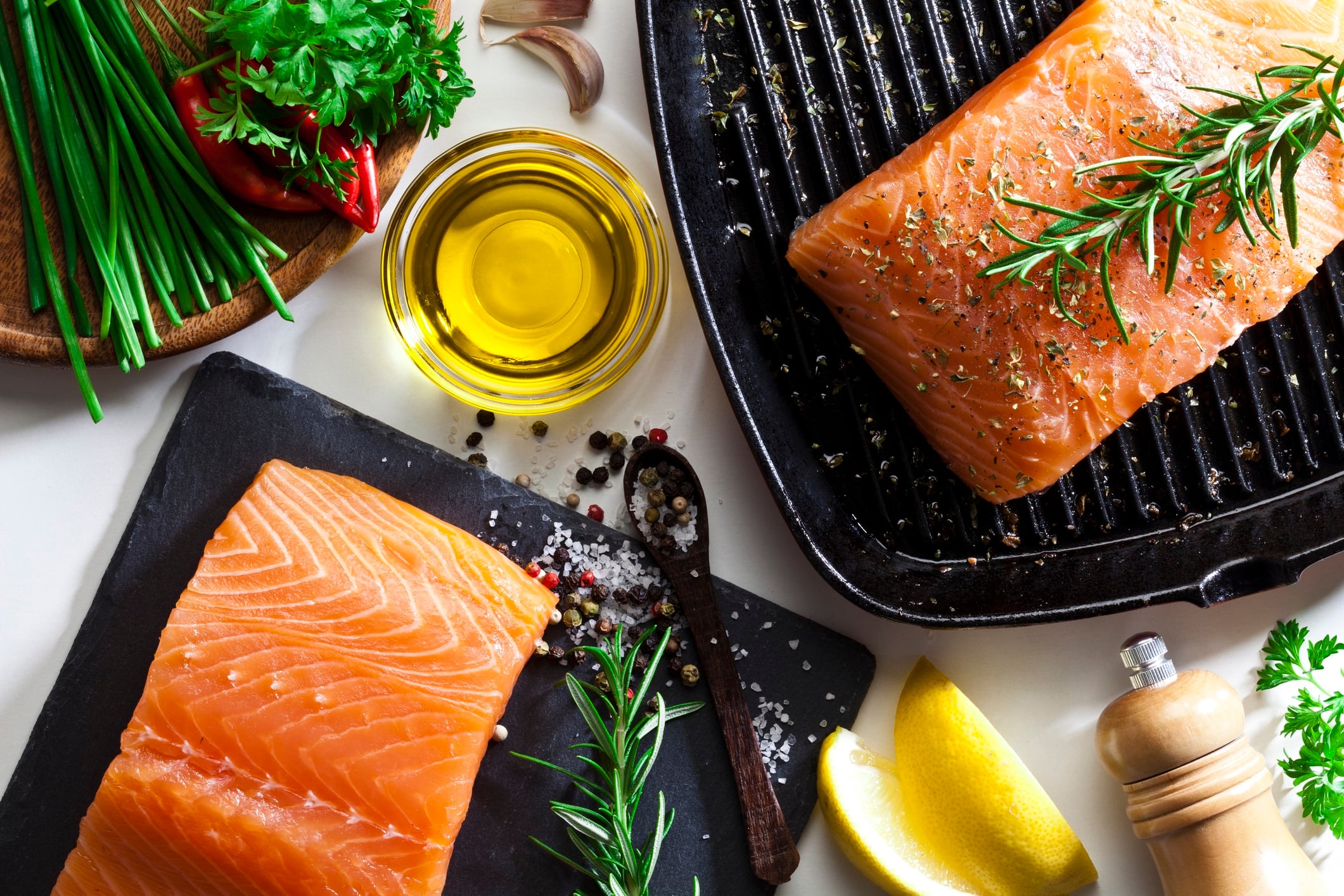Driven by global trends toward convenience and health, the firm has been expanding its ready-to-eat portfolio and wellness products through a circular economy model that maximises various parts of the pangasius fish.
Vinh Hoan is one of the world’s most well-recognised names in pangasius fish production, innovation and exports.
“We have our own feed factory to ensure high nutritional value for the fish. After processing, leftover fish parts are turned into fish meal, surimi and fish oil. They are also used to make collagen and gelatine, which are under our Vinh Wellness brand. Any remaining waste is converted into fertilizer for our fruit and vegetable farms,” Vinh Hoan’s marketing and advertising manager, Angella Wong, told us.
Quick nutrition products
Its most recent launch in May includes meal kits such as the kimchi fish cracker soup with surimi – a noodle-style product designed for quick preparation.
Traditionally, fish crackers are deep-fried for festive occasions such as Chinese New Year. The fish cracker noodles reimagine this popular snack into a chewy, noodle-style dish resembling Korean tteokbokki. It can be prepared by simply adding hot water or microwaving.
“The target consumers are millennials and Gen Z – busy individuals seeking convenient yet nutritious meals. Convenience and health are our main priorities,” said Wong.
She added that raw pangasius fillets continue to be the firm’s bestsellers as they are ready-to-cook and absorb seasonings easily. Its versatility also makes it a popular fish across different cultures.
“Our specialty is fresh pangasius fish fillets, as well as breaded and marinated products. We currently export to 54 countries worldwide and hold certifications such as Halal, GMP, and HACCP. Because our products are halal-certified, they are well accepted in Muslim-majority regions including the Middle East, Malaysia, and Indonesia.”
There is demand for wellness products in these global markets as well. This motivated the firm to make collagen and gelatine from fish fins to maximise its resources and reduce wastage.
Functional wellness and beauty ingredients
Fish collagen and gelatine are more widely acceptable across cultures compared to bovine or porcine alternatives, which consumers of certain religions might avoid.
The firm’s single-sourced collagen and gelatine also has some advantages over saltwater sources as pangasius is a freshwater fish, said Wong.
They do not contain any heavy metals and are lower in sodium unlike those from ocean fish. Freshwater fish imparts less odour and flavour off notes too, making them ideal for supplements or food and beverage applications that focus on bone, joint, and skin health.
According to the firm, Vinh Hoan is the first global supplier of ASC-certified collagen peptides and gelatine products, as it controls every aspect of the fish life cycle from breeding and feeding to harvesting and processing.

A circular economy model
The fish are farmed at Vinh Hoan’s fully integrated facilities in Dong Thap province along the Mekong River, covering everything from feed production and hatcheries to processing and export.
“We manage the entire process ourselves, from feed production to fish farming and processing. The fish are raised for about eight to ten months before being processed into various cuts and exported,” Wong said.
The firm is committed to sustainable practices, using wastewater and by-products from fish processing as fertilizer for its fruit and vegetable farms.
Produce from these farms are marketed under the TNG brand, which offers frozen fruits and vegetables such as mango and dragonfruit for smoothies and mixed vegetable packs.
While its main focus remains B2B manufacturing – including OEM and private-label partnerships – Vinh Hoan also owns the Sa Giang brand, acquired in 2021, which offers ready-to-eat and ready-to-cook foods such as prawn crackers and instant pho exported to global markets.
Wong said the company will continue prioritising health-focused innovations, with further product developments pending final discussions with partners.





